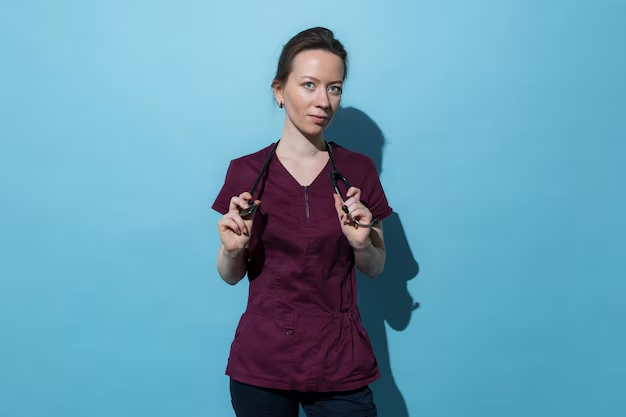What Degrees, Certifications, or Licenses Are Needed to Become a Registered Nurse?
Becoming a registered nurse (RN) is a rewarding career choice that offers both personal satisfaction and professional stability. The path to becoming an RN typically begins with formal education, involving either an Associate Degree in Nursing (ADN) or a Bachelor of Science in Nursing (BSN). The ADN program usually takes about 2-3 years to complete, whereas the BSN program typically spans 4 years. Opting for a BSN not only provides a more comprehensive educational experience but also opens doors to enhanced career opportunities and potential for leadership roles within healthcare settings. Importantly, both degrees make graduates eligible to sit for the National Council Licensure Examination for Registered Nurses (NCLEX-RN), a crucial step in obtaining a nursing license.
Upon passing the NCLEX-RN, aspiring RNs must obtain their state-specific nursing license, a mandatory requirement to practice. Beyond these prerequisites, specialized certifications in areas such as pediatric or critical care nursing can further bolster an RN’s credentials and expertise, elevating their career prospects. While these certifications are typically optional, they can provide significant advantages in a competitive job market. Pursuing advanced education and certifications not only highlights commitment to the field but also enhances patient care quality. This continuous professional development is highly encouraged in the healthcare industry.
Pathway to Becoming a Registered Nurse:
-
🎓 Associate Degree in Nursing (ADN)
- Duration: 2-3 years
- Foundation for entry-level nursing positions
-
🎓 Bachelor of Science in Nursing (BSN)
- Duration: 4 years
- Provides a competitive edge and broader career choices
-
📜 NCLEX-RN Examination
- Requirement: Must be passed to obtain nursing licensure
-
🏅 State-specific Nursing License
- Mandatory for legal practice
-
🏆 Specialized Nursing Certifications
- Optional but beneficial for career advancement (e.g., critical care, pediatrics)
Embarking on the educational journey to become an RN is both an investment in one's future and a crucial step in making a meaningful impact in healthcare.
